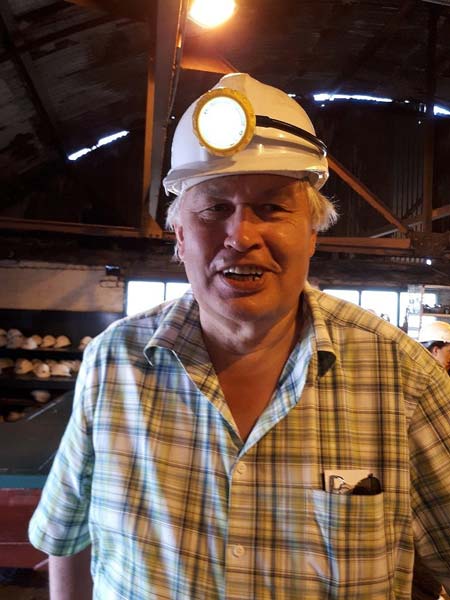Profile of the advisor
Prof. dr. Franjo Weissing studied Mathematics and Biology at the University of Bielefeld (Germany). He is a theoretical biologist with a strong interdisciplinary profile, applying ‘evolutionary thinking’ not only to biological systems, but also in psychology, sociology, economics, and the political sciences. His research centres on the causes and consequences of ‘adaptive diversity’ (diversity shaped by competition or natural selection). To this end, he studies selection-induced differences between cells, individuals, and populations, the emergence of new species, and the structure and patterning of ecological communities. By a combined theoretical and empirical approach, he also investigates whether adaptive evolution is predictable and to what extent ‘evolvability’ (the ability to adapt to environmental change) is shaped by natural selection.
Expertise
Evolutionary game theory, adaptive dynamics, population genetics, quantitative genetics, computational biology, individual-based evolutionary simulations.
Profile of the research group
Weissing’s research group currently hosts nine PhD students, four postdocs, and two scientific programmers. The group members come from all over the world, and they work on a broad spectrum of topics, including: prebiotic evolution; evolution of genetic architecture; evolution of phenotypic plasticity; evolution of the immune system; evolution of the microbiome; evolution of behaviour and ‘personality’ differences; evolution of learning; sexual selection and sexual conflict; evolution of mating and breeding systems; cultural evolution; evolutionary innovations; determinants of the adaptive potential of organisms. Despite this diversity, the group members closely interact and collaborate with each other, trying to distil overarching and unifying principles from their specific projects. Collaboration is facilitated by the fact that most projects use evolving regulatory networks (neural networks, gene regulatory networks, metabolic pathways) as their modelling framework. Most group members combine theoretical modelling with field work and/or lab experiments.

